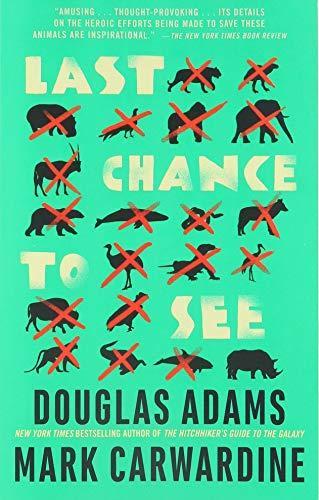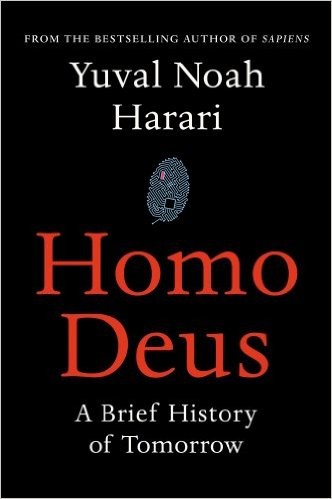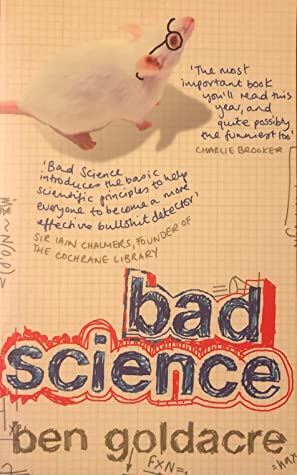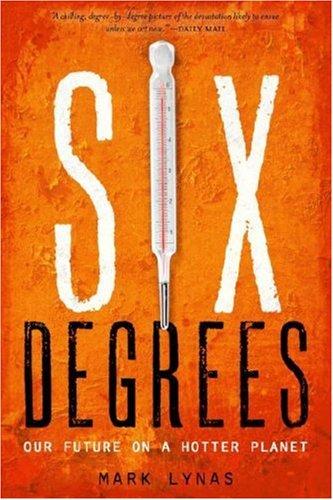Suur One rated Last Chance to See: 5 stars

Last Chance to See by Adams Douglas
Douglas Adams and zoologist Mark Carwardine as they take off around the world in search of exotic, endangered creatures
IT-ukkeli joka haluaisi olla seikkailijaukkeli, mutta asuu perheen ja eläinten kanssa räntsillä.
This link opens in a pop-up window

Douglas Adams and zoologist Mark Carwardine as they take off around the world in search of exotic, endangered creatures
Having read (listened) to [b:The Subtle Art of Not Giving a Fck: A Counterintuitive Approach to Living a Good Life|28257707|The Subtle Art of Not Giving a Fck A Counterintuitive Approach to Living a Good Life|Mark Manson|https://i.gr-assets.com/images/S/compressed.photo.goodreads.com/books/1465761302i/28257707.SX50.jpg|48297245] I had high expectations on this book. Somehow something wasn't right and while the substance matter of the book was good, I found it somehow lacking. Not a waste of time, but not a masterpiece either, so going with a good 3 star rating.
The most influential relationships are between parents and children. Yet for so many families, these …
I listened to this as an Audible audiobook. I felt the book was very repetitive, condescending and preachy and what there was to say would have fit in about 1/10th of the length and I got very bored with the same things with different wordings repeating over and over again.
The book was a very Murakami way of describing the act and meaning of running. It gets quite philosophical at times while still remaining light and provokes just enough thought in a quite poetic way as you would expect from Murakami.

Tras el éxito de Sapiens, Yuval Noah Harari vuelve su mirada al futuro para ver hacia dónde nos dirigimos. Bestseller …
Quite a lot of why's in the human world suddenly became clear to me reading/listening to this book. The writing is easy to follow and the reasoning on explaining why we have come to have a world like this sounds credible. It's an excellent book on exactly what the title says and the glimpses into the future make me kind of afraid to start Homo Deus after this.
I knew bits and pieces of the story and partly the legends, too, which this book set straight. This was a very interesting piece on several levels. Of course the hacking both technical aspect and even more so on the social engineering aspect, which played a very big role and I would say that mostly nothing has changed. And it's also a great story on new kinds of crimes that the justice system was not prepared for in any way.
This book is meant to provoke thoughts on current important issues (according to Harari). And it succeeds very well in it. It didn't feel like having too much of an agenda behind it (except provoking thought and helping understand the issues) even if it discusses issues like immigration, terrorism, religion, nationalism, etc. which seem to be difficult to discuss without passions getting in the way. But Harari discusses many of these things through use of the concept of stories people believe in, which for me at least was a great way to understand (not accept) stories that are pretty much complete opposites of the stories I believe in. The very last chapter on meditation, which would have been (for me personally) better if the meditation would have been a short side story and the chapter would have been more about observation and clarity, of which it did have a good …
This book is meant to provoke thoughts on current important issues (according to Harari). And it succeeds very well in it. It didn't feel like having too much of an agenda behind it (except provoking thought and helping understand the issues) even if it discusses issues like immigration, terrorism, religion, nationalism, etc. which seem to be difficult to discuss without passions getting in the way. But Harari discusses many of these things through use of the concept of stories people believe in, which for me at least was a great way to understand (not accept) stories that are pretty much complete opposites of the stories I believe in. The very last chapter on meditation, which would have been (for me personally) better if the meditation would have been a short side story and the chapter would have been more about observation and clarity, of which it did have a good lesson once I got past the praising of the meditation method Harari himself uses.
My problem with Greek Mythology has always been so many names and not getting the full story but just knowing snippets from here and there. Of course it's not Stephen Fry's fault that the subject matter is difficult, but I still kind of suffered with so many names and characters involved and the beginning of the book was almost like a list of names. Still, Stephen's way of telling the myths with funny remarks and connections to modern language was informative and at the same time entertaining. And "reading" this as an audiobook there was the added bonus of narration by Stephen Fry himself, which I thoroughly enjoyed. I somehow found the book to lack consistency, though, with some myths presented in an almost serious way and others presented in a funny (in the sense of British humor) way. But it had to be good anyway to keep me interested …
My problem with Greek Mythology has always been so many names and not getting the full story but just knowing snippets from here and there. Of course it's not Stephen Fry's fault that the subject matter is difficult, but I still kind of suffered with so many names and characters involved and the beginning of the book was almost like a list of names. Still, Stephen's way of telling the myths with funny remarks and connections to modern language was informative and at the same time entertaining. And "reading" this as an audiobook there was the added bonus of narration by Stephen Fry himself, which I thoroughly enjoyed. I somehow found the book to lack consistency, though, with some myths presented in an almost serious way and others presented in a funny (in the sense of British humor) way. But it had to be good anyway to keep me interested for all those hours, which nothing written about Greek mythology has accomplished so far previously despite the fact that there are very captivating stories.
I'm a bit torn on reviewing this book into stars, as it depends on what the expectations are. I have a huge mancrush on Ross Edgley - I mean, who wouldn't have. He has done amazing things and the stories in the book are pure gold which alone would warrant a pure five star review. As some reviewers have said, the nutrition and training parts remain a bit thin, but that's to be expected already based on the subtitle of the book. You simply cannot expect to get a very deep understanding of everything in one book, but that is not really the point of the book either. The point really is to make the reader think about fitness by giving good foundations and some more specific advise on developing different attributes and intentionally leave the peaks of the pyramids that are built on these foundations open, as our knowledge …
I'm a bit torn on reviewing this book into stars, as it depends on what the expectations are. I have a huge mancrush on Ross Edgley - I mean, who wouldn't have. He has done amazing things and the stories in the book are pure gold which alone would warrant a pure five star review. As some reviewers have said, the nutrition and training parts remain a bit thin, but that's to be expected already based on the subtitle of the book. You simply cannot expect to get a very deep understanding of everything in one book, but that is not really the point of the book either. The point really is to make the reader think about fitness by giving good foundations and some more specific advise on developing different attributes and intentionally leave the peaks of the pyramids that are built on these foundations open, as our knowledge is ever evolving. The basic truths less. The same applies to the nutrition aspect of the book, which, I think remained somewhat thinner than the training part in practical terms. Although the main take home is that even the author came to the same end result with three very different diets (although this word is frowned upon).
In the end I like the fact that the bushido of the book that closes the book includes very sound advise, especially on the fact that you are (or should be) the best expert in yourself and that you should be sceptical about everything including the book itself.
After all this appraisal one might wonder why it is not a five star review and I really don't have a clear answer to that. I loved the book, but when I finished it, there remained a feeling that it was lacking. I don't know what, but something.
I guess it's four stars instead of five, because I really wanted more. Maybe even a promise that there will be sequels that go deeper into the subjects would have sufficed and if they would appear from somewhere, I might change my mind and rate this as a five star foundation book for everything else.
I haven't read Born to Run, so I cannot compare. Most of the book was a very interesting World War 2 story in Crete and some interesting other stories and characters were introduced on the side. The thing is, that the ideas that were to be the take home from this book were kind of loosely tied to the stories and the structure of the book was a bit messy jumping from one subject to another. Interesting subjects but too many of them poured inside one book.
Since I was a little boy growing up in the cold war era I have been fascinated by the space race. This book is obviously from plainly US perspective, but it was a very fascinating read/listen. It was both entertaining and educating. And it added a lot to my already big preexisting respect to the pioneers of space flight learning how brave (and sometimes how lucky) they were. There's probably also a lesson in there that is applicable to many other fields.

"How do we know if a treatment works, or if something causes cancer? Can the claims of homeopaths ever be …
Although the subject matter was vast - all the way from how the universe was born to how humans came to be on earth and based on a lot of scientific knowledge, the book was not in any way boring or dry, but an amazing story. The style was entertaining and light, but not too light. And in the end left me with a sense of amazement of the fact that I am here writing this review of this book.
This is how science should be taught in school.

In accessible journalistic prose, author Lynas distills what environmental scientists predict about the consequences of human pollution for the next …